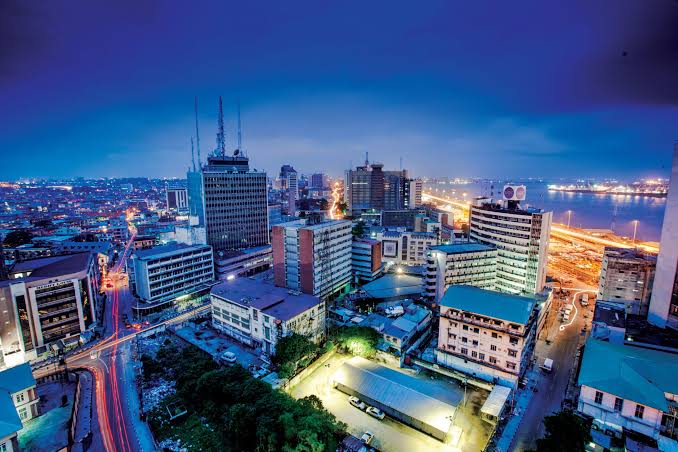
Nigeria’s diverse landscape is dotted with states exhibiting varying degrees of development, influenced by economic factors, human capital, infrastructure, and governance. As of 2024/2025, a few states consistently stand out as leaders in the nation’s progress, driven by their unique strengths and strategic initiatives. Here are the top 5 states in Nigeria, based on a blend of economic output, infrastructure, human development, and overall appeal:
1. Lagos State: The Economic Epicenter
Lagos State firmly retains its position as Nigeria’s most developed and economically dominant state. With a projected GDP of approximately ₦61.17 trillion (about $100.01 billion USD), it far surpasses other states, contributing significantly to Nigeria’s overall wealth. This megacity is the financial and commercial heart of the nation, boasting a diverse economy that spans finance, manufacturing, technology, entertainment, and logistics.
Lagos’s continuous investment in urban infrastructure, including ongoing rail projects, port expansions, and the development of new business districts, solidifies its economic dynamism. It also consistently ranks high in human development indicators, attracting skilled labor and entrepreneurs from across the country and beyond. While challenges like high population density and traffic persist, Lagos offers unparalleled opportunities and a vibrant urban experience.
2. Rivers State: The Niger Delta Giant
Rivers State, with its capital Port Harcourt, is a pivotal player in Nigeria’s economy, primarily due to its vast oil and gas reserves. Its GDP is estimated at around ₦7.96 trillion (approximately $19.72 billion USD), making it one of the richest states. The state’s oil and gas sector attracts substantial local and foreign investment, driving significant economic activity.
Beyond oil, Rivers State has been actively diversifying its economy, with growing interests in agriculture, manufacturing, and even tourism. The state has made notable strides in infrastructure development, particularly in road networks, and is a key hub for trade and commerce in the South-South region. Its urban centers offer a good quality of life with access to essential services.
3. Akwa Ibom State: The Emerging Pearl of the South-South
Akwa Ibom State has consistently emerged as a state known for its modern infrastructure and strategic development. With a GDP of approximately ₦7.77 trillion (around $19.25 billion USD), it is another significant contributor to Nigeria’s oil production. However, Akwa Ibom distinguishes itself with a strong focus on urban planning and infrastructure, earning recognition for some of the best road networks in the country.
The state has made substantial investments in modern facilities, including an international airport and other critical infrastructure projects aimed at boosting its economy beyond oil. Its serene environment and commitment to development make it an increasingly attractive state for both residents and investors.
4. Imo State: The Eastern Economic Hub
Imo State has demonstrated remarkable economic growth and development, with a GDP estimated at ₦7.68 trillion (approximately $19.02 billion USD). Located in the southeastern part of Nigeria, Imo’s economy is bolstered by a mix of oil reserves, a vibrant commercial sector, and a strong presence in education and services.
The state has seen significant improvements in its infrastructure, including an international cargo airport that supports trade and tourism. Imo is also known for its numerous tertiary institutions, contributing to a highly educated populace and a thriving services sector. Efforts to promote agriculture and manufacturing further solidify its position as a key economic player in the region.
5. Delta State: The Resource-Rich and Diverse Economy
Delta State, a key state in the South-South geopolitical zone, boasts a GDP of around ₦6.19 trillion (about $15.33 billion USD). Heavily reliant on its abundant oil and gas resources, Delta also possesses a diversified economy that includes agriculture, manufacturing, and a vibrant commercial sector, particularly in cities like Warri and Asaba.
The state has made efforts to improve infrastructure and has one of the lower poverty rates in Nigeria, indicative of its economic strength and opportunities. Its rich cultural heritage and strategic location further enhance its appeal as a significant state in the Nigerian landscape.
These five states represent the forefront of Nigeria’s development, showcasing diverse economic drivers, significant infrastructure advancements, and ongoing efforts to improve the quality of life for their residents. Their continued growth and strategic planning will be instrumental in shaping Nigeria’s future.









Add Comment